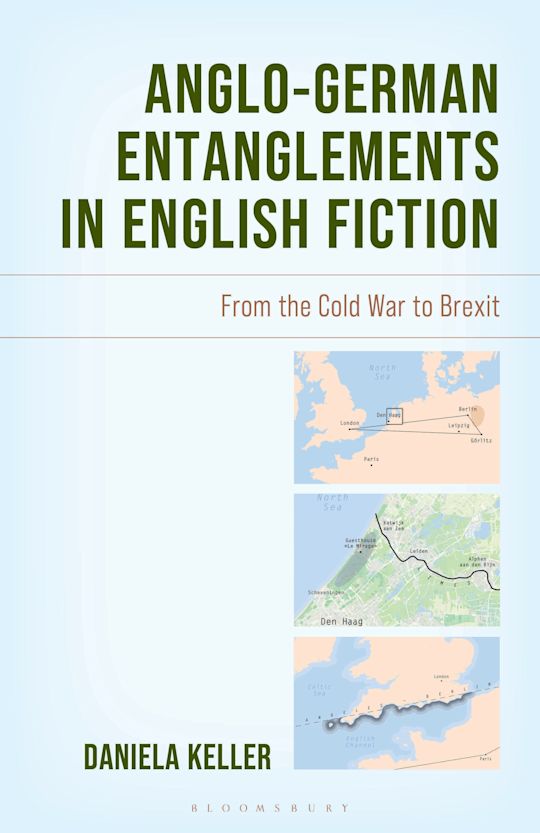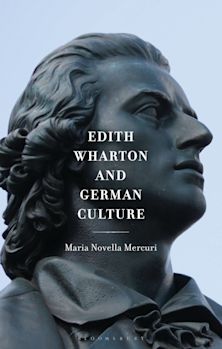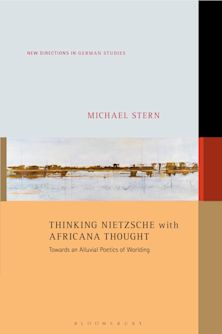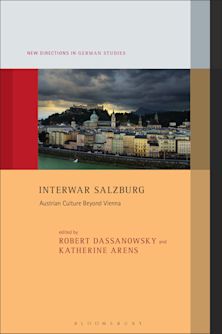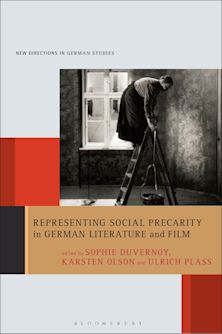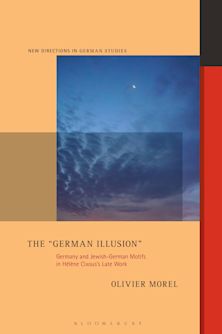Anglo-German Entanglements in English Fiction
From the Cold War to Brexit
Anglo-German Entanglements in English Fiction
From the Cold War to Brexit
Description
Through a diffractive reading of seven English novels, Daniela Keller redefines the deeply intertwined and continuously developing relationship between England and Germany.
The relationship between England and Germany has fluctuated between friendship and animosity on both sides throughout the centuries and Brexit has driven another wedge between the two countries. This study shows how writers have employed physical phenomena, such as quantum entanglement, to move beyond an alleged fixed binary opposition between the nations. In novels, such as John le Carré's The Spy Who Came In from the Cold or Alison Moore's The Lighthouse, our understandings of nation and national identity emerge as more flexible and inextricable from their opponent Others. The physical phenomena and optical metaphors of reflection, refraction, and diffraction are applied to hone the differences between various kinds of binary relations, such as England and Germany or physics and fiction. Diffraction and diffractive reading, inspired by Karen Barad, deliver the most accurate and progressive methods of reading literature because they best capture and acknowledge the complexity of stubbornly dualistic mindsets. They also draw attention to the responsibility of readers and their role in constructing Anglo-German identities through every act of reading.
Table of Contents
List of Tables
Acknowledgements
About the Author
Introduction: Diffracting the German Other
0.Dis/entangling Physics and Fiction
Part I: The Cold War: Divided Germany and Dualistic Thinking
1. Mirrors and Contrasts in Len Deighton's Funeral in Berlin (1964)
2. Parallelism in John le Carré's The Spy Who Came In from the Cold (1963)
3. Structuralist versus Diffractive Reading
Part II: The Fall of the Berlin Wall: Conciliatory Entanglements
4. Lenses and Levels in Nicholas Mosley's Hopeful Monsters (1990)
5. Interferences in John David Morley's The Book of Opposites (2010)
6. Discursive Diffraction
Part III: Brexit and the Strained Anglo-German Relation: Alluding to a Strong Dis/connection
7. Allusion: A Diffractive Literary Device
8. Allusion in Alison Moore's The Lighthouse (2012)
9. Changing Topologies in Ned Beauman's The Teleportation Accident (2012)
10. Anglo-German Entanglements in Anna Stothard's The Museum of Cathy (2016)
11. Beauman's o and Stothard's 0,0
Conclusion
Appendix 1: Quantum Entanglement
Appendix 2: Complementarity
Appendix 3: The Double-Slit Experiment
Bibliography
Product details

| Published | 22 Jan 2026 |
|---|---|
| Format | Ebook (Epub & Mobi) |
| Edition | 1st |
| Extent | 262 |
| ISBN | 9781978766860 |
| Imprint | Bloomsbury Academic |
| Illustrations | 7 b/w illus |
| Series | New Critical Humanities |
| Publisher | Bloomsbury Publishing |
Reviews

ONLINE RESOURCES
Bloomsbury Collections
This book is available on Bloomsbury Collections where your library has access.









